At age 44, Kimberly King spends her days babysitting her granddaughter Zariah.
The adorable toddler is adventurous, quick to wander across the living room for some exploration before returning to grandma’s lap for hugs and reassurance.
King is the matriarch of her busy family, with three generations under one roof, all depending on her for guidance and advice.
She and her husband, Marcus, hope to see this little one and her other six grandchildren grow up to excel in high school, college and beyond. One day, she’d like to watch them get married.
“All the good stuff,” King said.
But the clock is ticking.
King, of Wyoming, Michigan, is all too aware of her family history.
Her mother and grandmother both passed away at age 45. They both had diabetes and high blood pressure, just as she does.
“I have every sickness that they had,” she said. “Now I’m doing everything I need to be doing. I’m trying to keep myself balanced.”
It wasn’t always that way.
In the past, King didn’t take her Type 2 diabetes seriously. She didn’t exercise. Fast food had been a way of life.
“I thought if nobody sees me, I’m getting away with it,” she said.
Shortly after Zariah’s birth, King learned about Core Health, a free Spectrum Health Healthier Communities program for adults with diabetes, congestive heart failure or chronic obstructive pulmonary disease.
The program became a turning point in King’s health journey.
She’s now eating healthier, exercising and handling stress in a new way.
Despite her fear of needles, she is taking responsibility for her future. She gives herself daily insulin injections to control her blood glucose. She carefully monitors her diet, making adjustments as symptoms appear.
“It’s like I’m learning my body all over again,” King said.
Empowered
The Core Health diabetes program helps patients learn to count carbs and embrace a healthier lifestyle.
The team, which includes a registered nurse, a social worker and community health workers, connects clients with other resources when underlying concerns prevent them from achieving optimal health. This can include steps to help them address food insecurity, inadequate housing or transportation issues. Services are available for English-speaking and Spanish-speaking individuals.
The program hinges on creating relationships, community health worker Dhania Peña said. It doesn’t just help clients set health goals—it aims to help them meet those goals.
This is only achievable by building strong relationships.
Peña said she has thoroughly enjoyed spending time with King.
“When Kimberly enrolled in the program, she had a lot of stressors, a lot of excuses and a lot of stuff going on,” she said. “All this stuff is happening and there was no balance.”
Peña immediately began to encourage King to take care of herself—emotionally and physically.
For King, that came in the form of mindfulness and meditation. She learned to clear her mind, explore her feelings and control her breathing.
“Her attitude started changing. She is more motivated and she believes in herself more,” Peña said. “If people don’t believe in themselves, it really gets in the way.”
Today, Peña’s home visits with King might include a discussion about diet, comparing notes on meditation and maybe even a walk on the trails of Pinery Park near King’s apartment.
“My goal is to empower people and help them see their true potential,” Peña said. “We help support people so they feel confident in themselves to walk in their journey with diabetes and congestive heart failure.”
By all accounts, it’s working.
“It made me a better person,” King said. “It’s definitely a learning experience for me. I’m hopeful about the future and clinging on to God to get me through.”
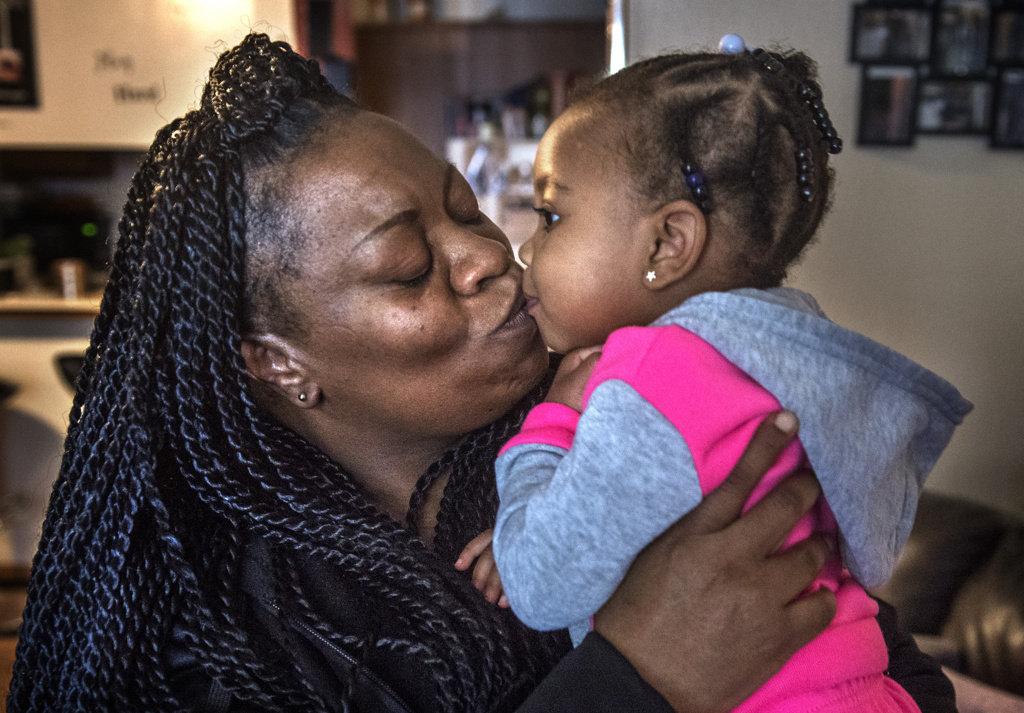
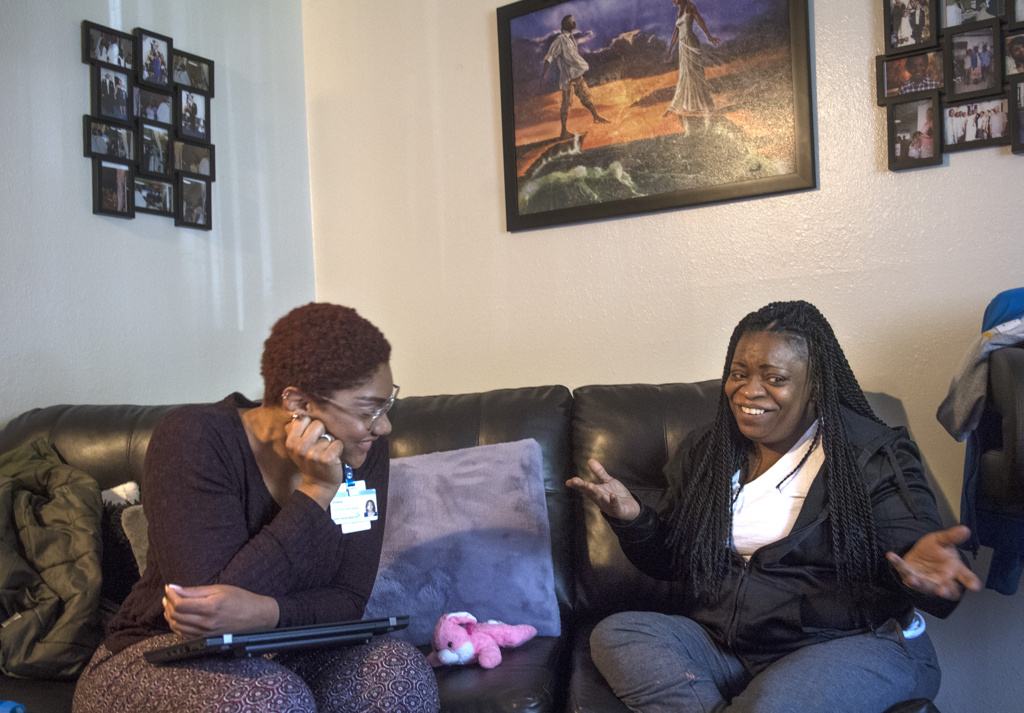
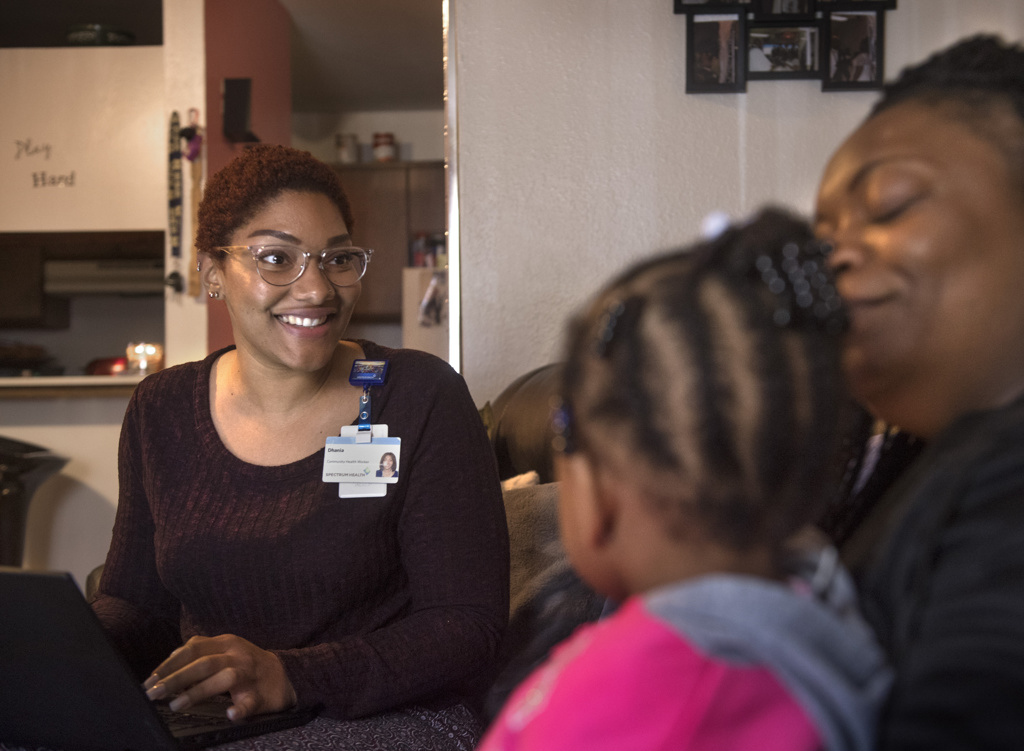
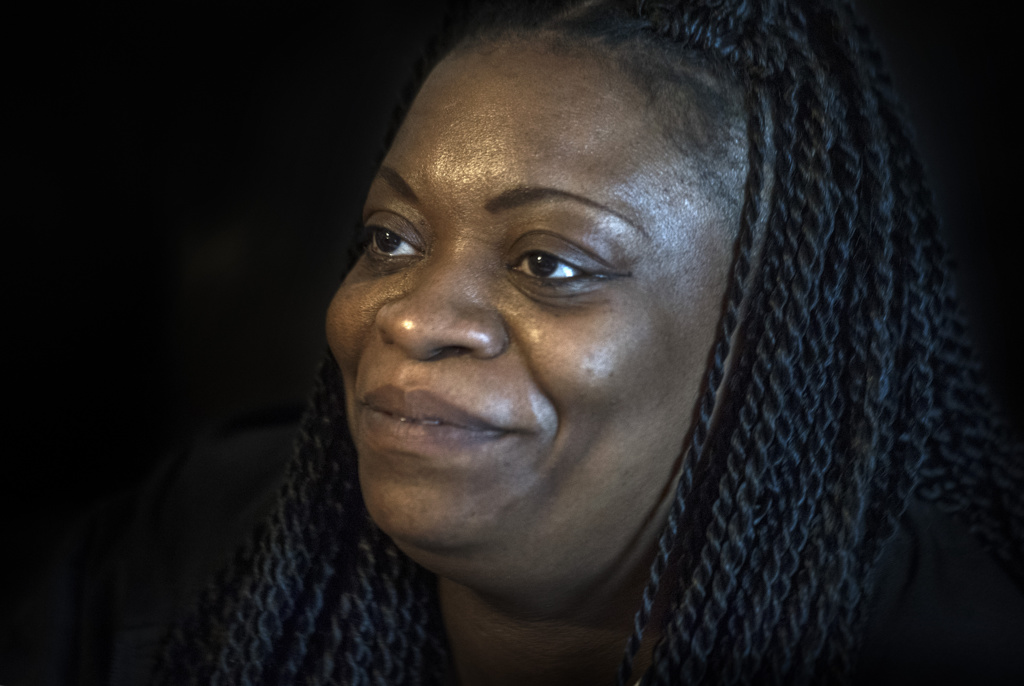
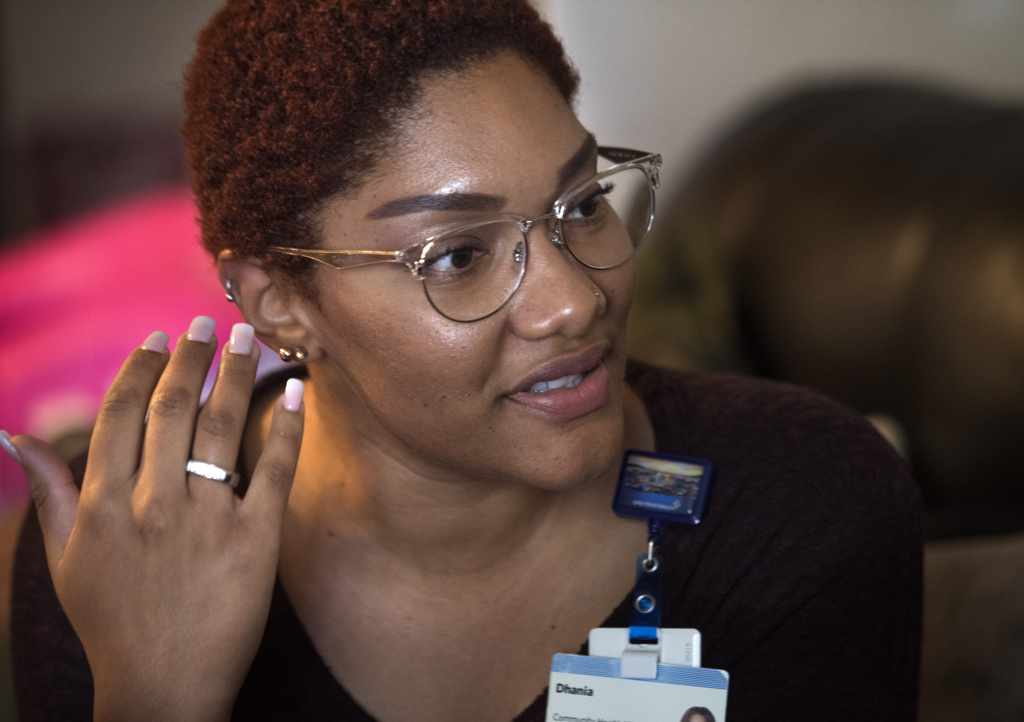
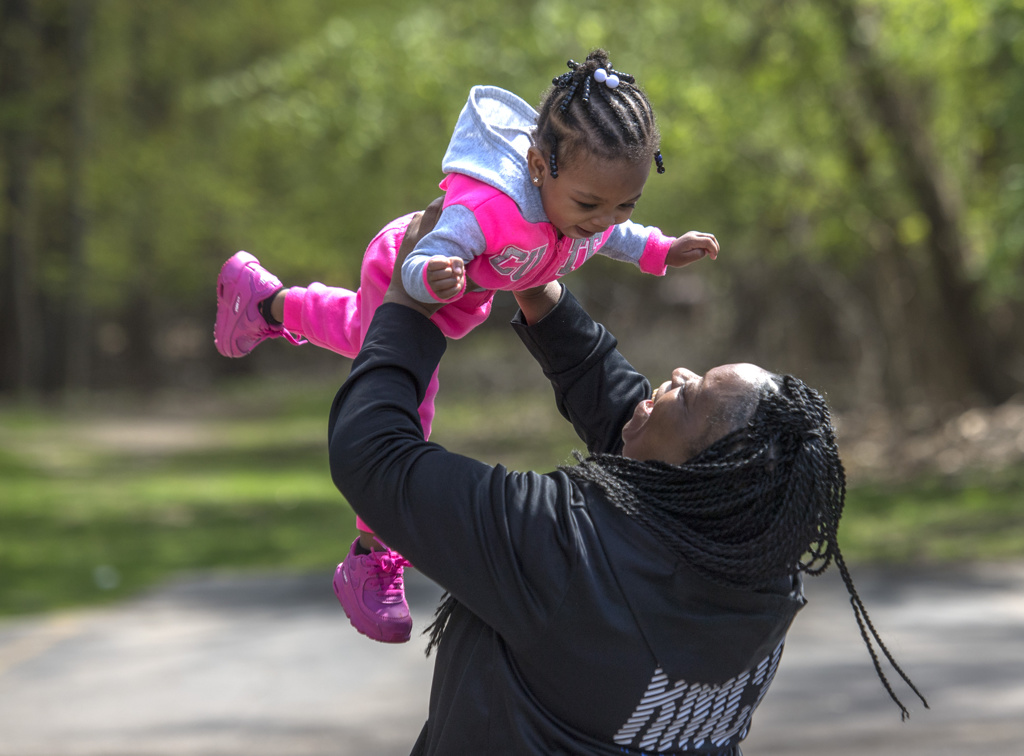
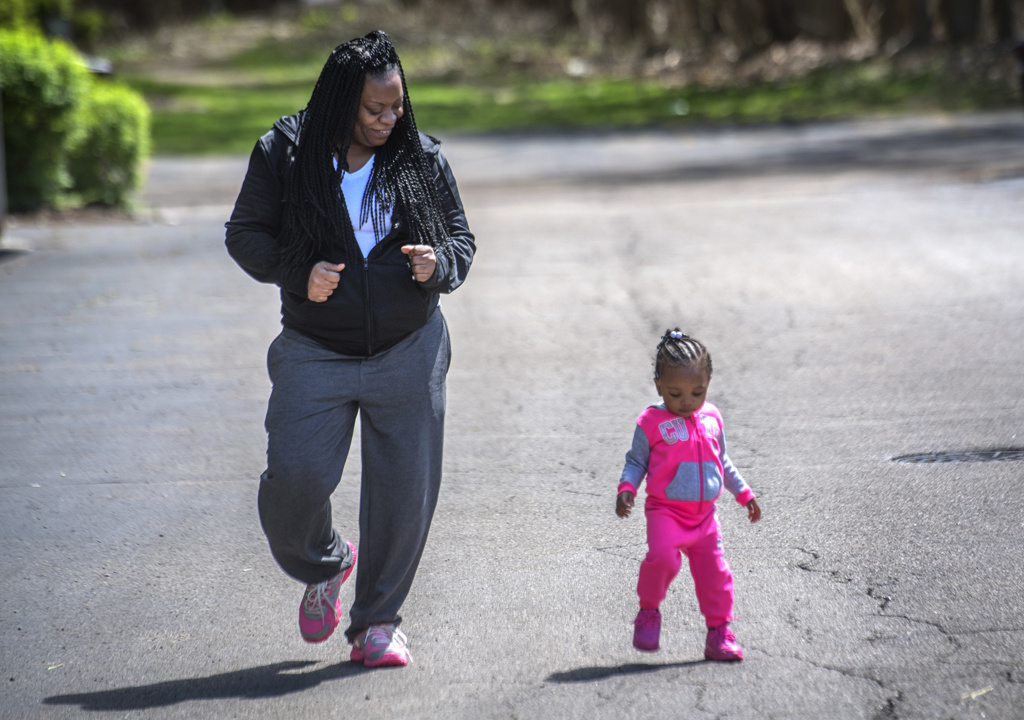
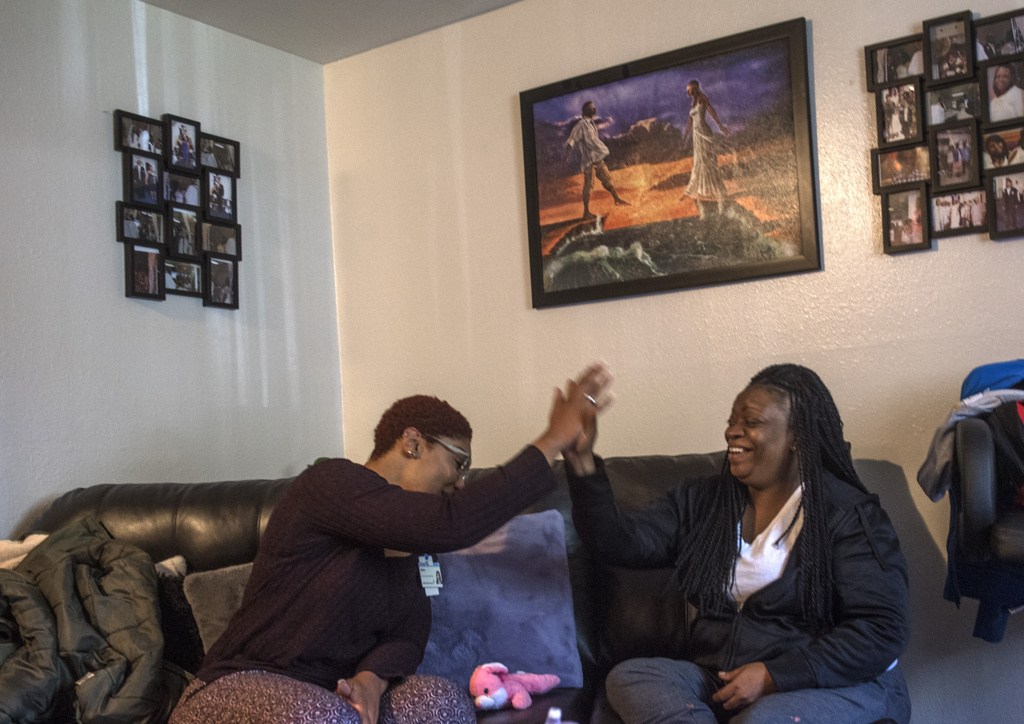
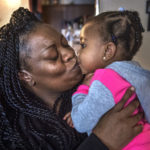

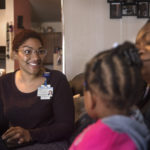


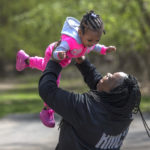
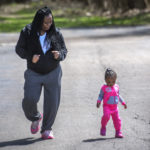


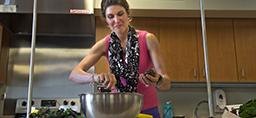 /a>
/a>
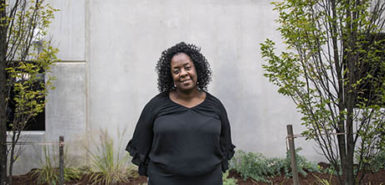 /a>
/a>
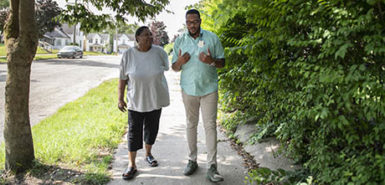 /a>
/a>